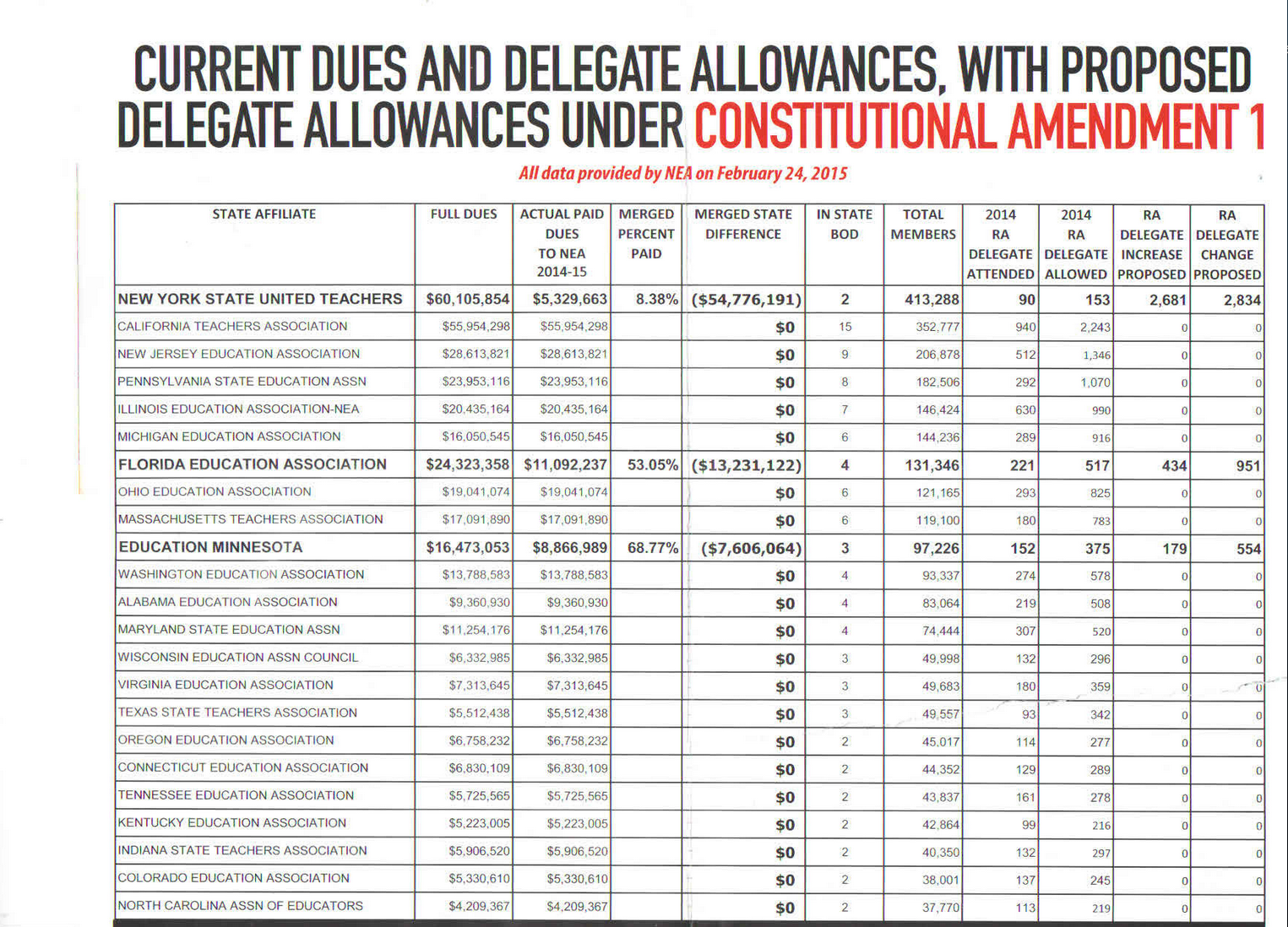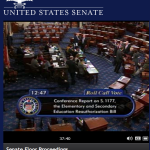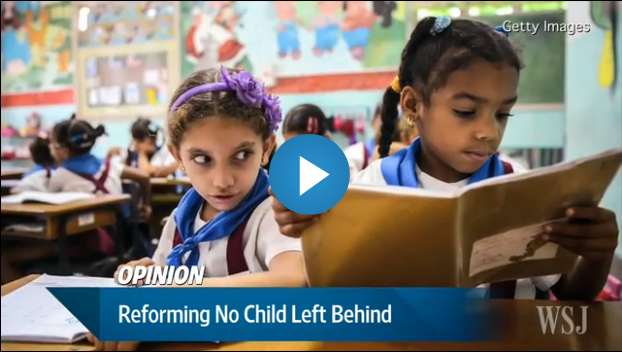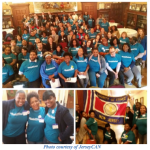
Vol. 17, No. 49
DE JA VU. The Chicago teachers union votes to strike if contract negotiations don’t go their way. We’re having flashbacks to 2012, when a Windy City strike had costly consequences and left kids out of school for a week. Meanwhile, the Chicago BOE is scheduled to hold a meeting tomorrow to discuss the future of Hawkins charter school, a place teachers and students don’t want to walk away from…
SHOW ME THE NUMBERS. Speaking of unions, the NC Association of Educators won’t reveal membership numbers to the state auditor. NC law requires membership of 40,000 for the union to be able to collect dues via paycheck deductions. These handy charts should help NC auditors do the math.
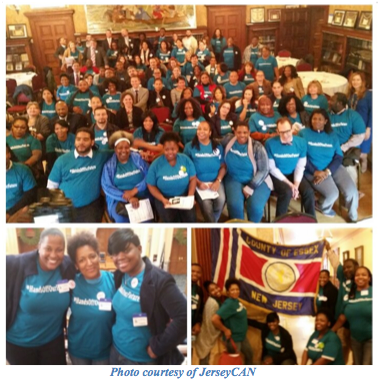 #HANDSOFFOURFUTURE. A mother doing laundry says she’s lucky because she found hope and opportunity for her family all because she happened to see a poster for a charter school at the laundromat. Alongside parents from around NJ, this mother rallied in Trenton to let lawmakers know that having choices in education is critical for restoring hope and opportunity for children throughout The Garden State.
#HANDSOFFOURFUTURE. A mother doing laundry says she’s lucky because she found hope and opportunity for her family all because she happened to see a poster for a charter school at the laundromat. Alongside parents from around NJ, this mother rallied in Trenton to let lawmakers know that having choices in education is critical for restoring hope and opportunity for children throughout The Garden State.
WHERE WE’VE BEEN. For 22 years, the Center has been aggressively pursuing laws that demand flexibility, freedom, and innovation in U.S. schools. Innovation in American education must be stimulated and pervasive if our students are to succeed. Check out our 2015 progress report, and how you can help us do more to make innovative education opportunities a reality for all kids.
MANDATE FOR CHANGE. This call to action on education remains true today for presidential candidates. Brush up on teacher quality, school choice, charter schools, transparency, and teacher accountability issues before tonight’s debate as you keep your fingers crossed for an education mention.
#EDSURGETANK. Last week we filled you in on education innovation’s very own version of ABC’s Shark Tank. Check out who won, see what viewers thought on Twitter under the hash tag #EdSurgeTank and add your thoughts, and click here to be sure you don’t miss out on the next sink or swim!
 WHAT DOES NERO HAVE TO DO WITH EDREFORM? Over the past few weeks, the nation has continued to witness a number of seemingly unrelated but very connected events that point to a real Nero problem, about which all but a few seem relatively unaware, or perhaps unwilling to do something about. In short, we are fiddling while Rome burns. Here’s why, and what you can do about it.
WHAT DOES NERO HAVE TO DO WITH EDREFORM? Over the past few weeks, the nation has continued to witness a number of seemingly unrelated but very connected events that point to a real Nero problem, about which all but a few seem relatively unaware, or perhaps unwilling to do something about. In short, we are fiddling while Rome burns. Here’s why, and what you can do about it.
INNOVATIONS IN TEACHER ED. The nation’s oldest university-based school of teaching and learning, NYU Steinhardt, is partnering with Silicon Valley-based education technology startup HotChalk to deliver residency-based online teacher education. “Now more than ever, teachers matter,” said HotChalk CEO and CER board member Edward Fields, who is excited that the HotChalk platform can help teachers learn how to drive success in real-time as they complete their graduate coursework. Stay tuned for more…











